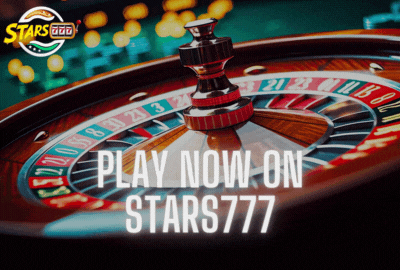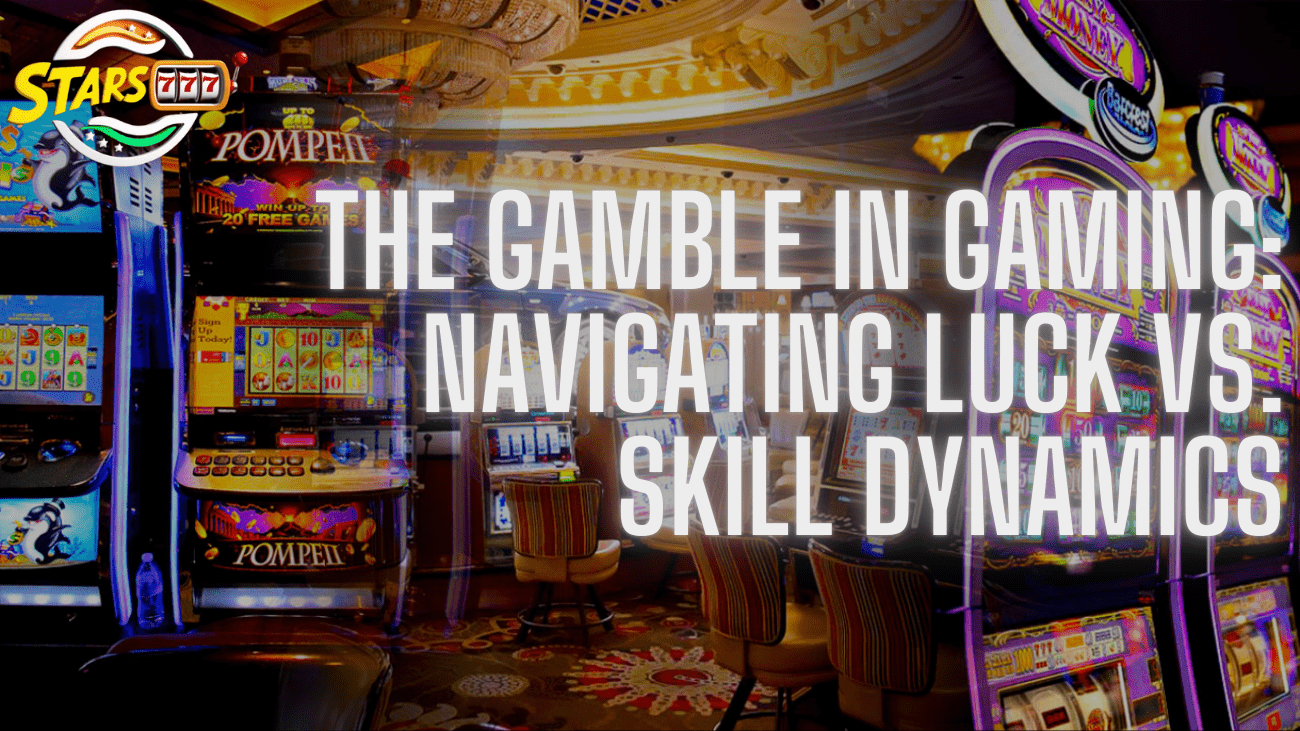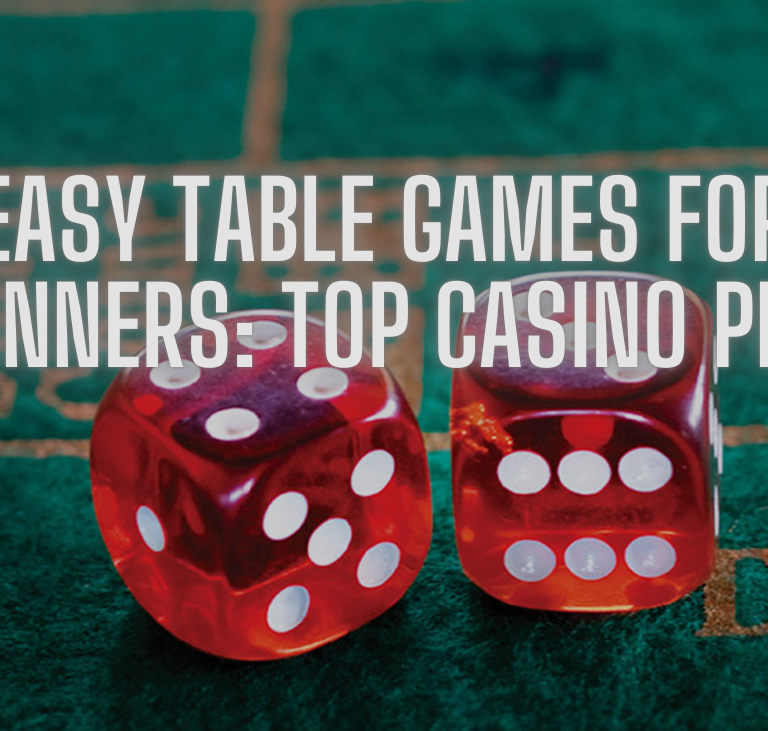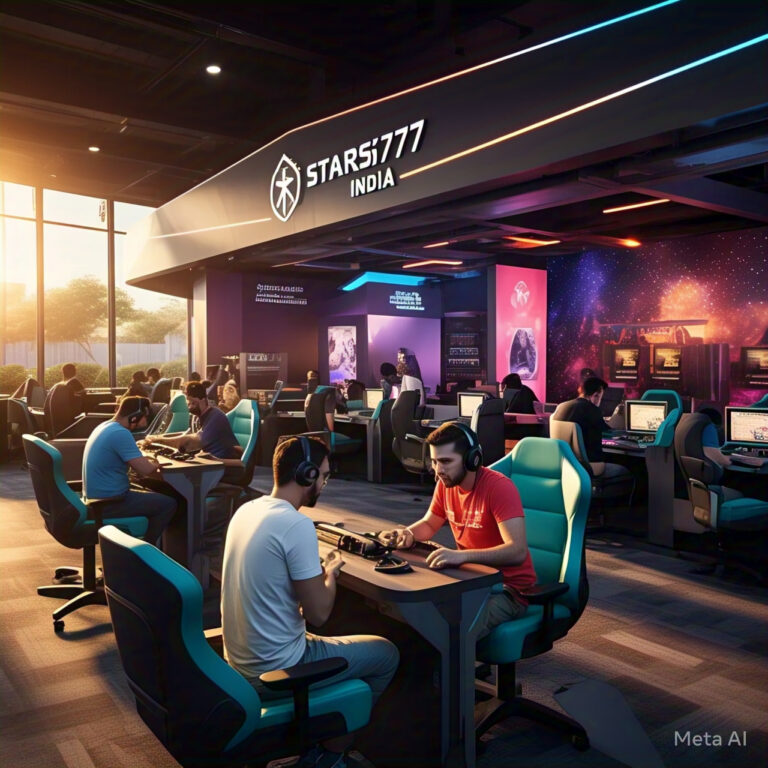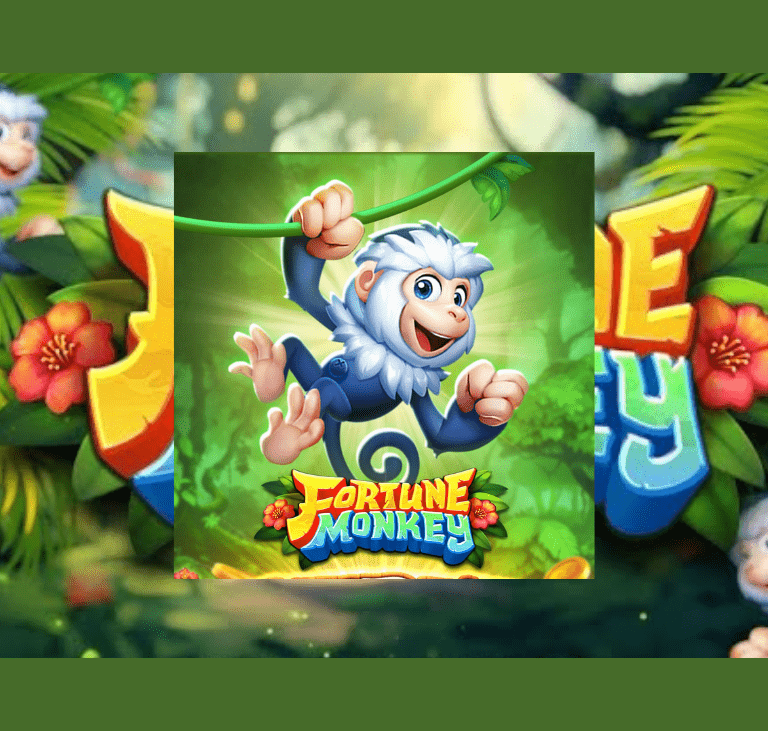Casino Culture Worldwide: How Gambling Varies by Country
Gambling is a universal pastime that transcends borders and cultures, offering entertainment and excitement to millions around the world. However, how people gamble, the types of games they play, and the cultural significance of gambling can vary significantly from country to country. From bustling casinos in Las Vegas to intimate betting houses in Asia, each region has developed its unique casino culture, legal frameworks, and social attitudes. In this blog, we’ll explore how casino culture varies worldwide and how it reflects the broader customs and values of each society.
The United States: The Home of Modern Casinos
When most people think of casino culture, one city immediately comes to mind: Las Vegas. Las Vegas is the gambling capital of the United States and perhaps the most iconic gambling destination in the world. Known for its glitzy resorts, massive casinos, and endless entertainment, Las Vegas epitomizes the allure of gambling in the U.S. However, the country’s casino culture is much broader than Sin City.
- Las Vegas and Atlantic City: These cities are home to lavish resorts, where gambling is often tied to luxury experiences, entertainment shows, and fine dining. The casino culture in these cities is deeply commercial, attracting both casual tourists and serious high-rollers.
- Native American Casinos: Outside of Las Vegas, Native American tribes operate many casinos on reservations. These casinos are often less flashy than those in Nevada or New Jersey, but they provide critical economic support to the tribal communities.
- Social Attitudes: In the U.S., gambling is seen as a form of adult entertainment. While it’s widely accepted in legal regions, the U.S. also grapples with issues like problem gambling, which has led to the establishment of numerous support programs and organizations such as Gamblers Anonymous, shaping the way casino culture is viewed.
The United Kingdom: Betting and Tradition
The U.K. has a rich gambling history that dates back centuries, and it remains one of the largest gambling markets in the world. However, the casino culture in the U.K. is distinct, shaped by long-standing traditions and a strong regulatory framework.
- Betting Shops: One of the most visible elements of casino culture in the U.K. is the prevalence of betting shops. These establishments can be found in almost every town and city, allowing patrons to place wagers on horse races, football matches, and other events. The tradition of horse racing is especially ingrained in British casino culture, with events like the Grand National drawing huge crowds and bets.
- Casinos: While not as famous as those in Las Vegas, London and other major cities in the U.K. boast several upscale casinos. These venues often attract a mix of tourists and locals, offering a wide range of games, from poker to roulette, contributing to the diverse casino culture in the country.
- Gambling Regulations: The U.K.’s Gambling Commission tightly regulates all forms of gambling, ensuring that operators adhere to strict guidelines to protect players. This regulatory structure has allowed for a safe and well-managed casino culture that continues to thrive.
Macau: The Casino Capital of the East
Known as the “Las Vegas of the East,” Macau is the only place in China where gambling is legal, and it has quickly become the world’s largest gambling market, surpassing Las Vegas in terms of revenue. Macau’s casino culture is unique, blending elements of Chinese traditions with Western-style casino experiences.
- High-Stakes Gambling: One of the defining characteristics of Macau’s casino culture is the focus on high-stakes games. Many of the region’s most popular games, such as baccarat, attract wealthy gamblers from across Asia. The stakes in Macau are often much higher than in Western casinos, and the VIP rooms cater to the ultra-wealthy.
- Cultural Significance: Gambling has deep roots in Chinese culture, where luck and fortune play a significant role in everyday life. In Macau, this is reflected in the popularity of games that emphasize luck, such as Sic Bo and Fan Tan, alongside Western games like roulette and blackjack, blending Eastern traditions into a distinctive casino culture.
- Tourism and Growth: Macau’s status as a gambling hub has fueled a tourism boom, with visitors coming from mainland China, Hong Kong, and other parts of Asia. The city’s casinos are massive, combining gaming with luxury hotels, shopping, and entertainment, solidifying its global position in casino culture.
Australia: A Nation of Gamblers
Australia is one of the most gambling-friendly nations in the world, with more than 80% of the adult population participating in some form of gambling. Slot machines, known as “pokies” in Australia, are particularly popular and can be found in bars, hotels, and dedicated gaming rooms, forming a key part of the country’s casino culture.
- Pokies: Australians have a deep affection for pokie machines, and these devices account for a significant portion of the country’s gambling revenue. Unlike in many countries, pokies are not restricted to casinos; they can be found in venues ranging from pubs to community clubs, making them an integral part of Australian casino culture.
- Casino Resorts: Major cities like Melbourne and Sydney are home to large, upscale casino resorts. These casinos, much like in the U.S., offer a mix of gaming, dining, and entertainment. However, the Australian casino culture tends to be more low-key compared to the glitzy, over-the-top style of Las Vegas.
- Attitudes Toward Gambling: Despite the popularity of gambling, there is increasing concern about problem gambling in Australia. The government has introduced various regulations and support programs to help combat gambling addiction, including limits on pokie machine betting and advertising restrictions, which has shaped the nation’s evolving casino culture.
Japan: A Cultural Shift in the Making
Historically, Japan has had strict anti-gambling laws, but recent changes in legislation are opening the door to the possibility of casino resorts. Currently, most forms of gambling are illegal, but several exceptions have shaped Japan’s unique casino culture.
- Pachinko: Pachinko parlors are a staple of Japanese casino culture. These arcade-like establishments are filled with pachinko machines, which are a hybrid of pinball and slot machines. While direct cash payouts are illegal, players can exchange their winnings for tokens that can be traded for prizes or indirectly for cash.
- Horse Racing and Lotteries: In addition to pachinko, the Japanese are also avid bettors on horse racing, bicycle races, and lotteries. These forms of gambling are legal and tightly regulated by the government, maintaining a controlled casino culture.
- Future of Casinos: In 2018, Japan passed a law allowing the construction of integrated casino resorts, similar to those in Macau and Singapore. This marks a significant cultural shift, and the coming years may see Japan develop a new casino culture centered around these resorts.

India: Tradition Meets Modern Casino Trends
In India, gambling has always had deep cultural roots, often tied to festivals and religious traditions. However, modern casino culture is still in its nascent stages, with only a few states allowing regulated casinos.
- Goa and Sikkim: Goa and Sikkim are the two states in India where casinos are legally permitted. Goa, in particular, has developed a thriving casino culture, with both land-based and offshore casinos that attract tourists from across the country.
- Cultural Views on Gambling: In many parts of India, gambling is associated with cultural and religious events, particularly during festivals like Diwali. Despite this, gambling in India is often seen with a degree of social stigma, especially in more conservative regions, influencing the perception of casino culture.
- Online Gambling Boom: In recent years, online gambling has exploded in India, with a growing number of players participating in games like Teen Patti and online poker. The lack of clear regulations for online gambling has led to a legal gray area, but it remains a popular and growing trend within Indian casino culture.
Conclusion
Casino culture around the world is as diverse as the people who participate in it. From the glitz and glamour of Las Vegas to the traditional gambling halls of Macau and the betting shops of the U.K., each country brings its unique flair to the world of gambling. While the games may be similar, the social attitudes, regulations, and cultural significance of gambling vary greatly depending on the region. Whether you’re a casual gambler or a seasoned pro, understanding these differences can provide valuable insights into the global world of casino culture.
